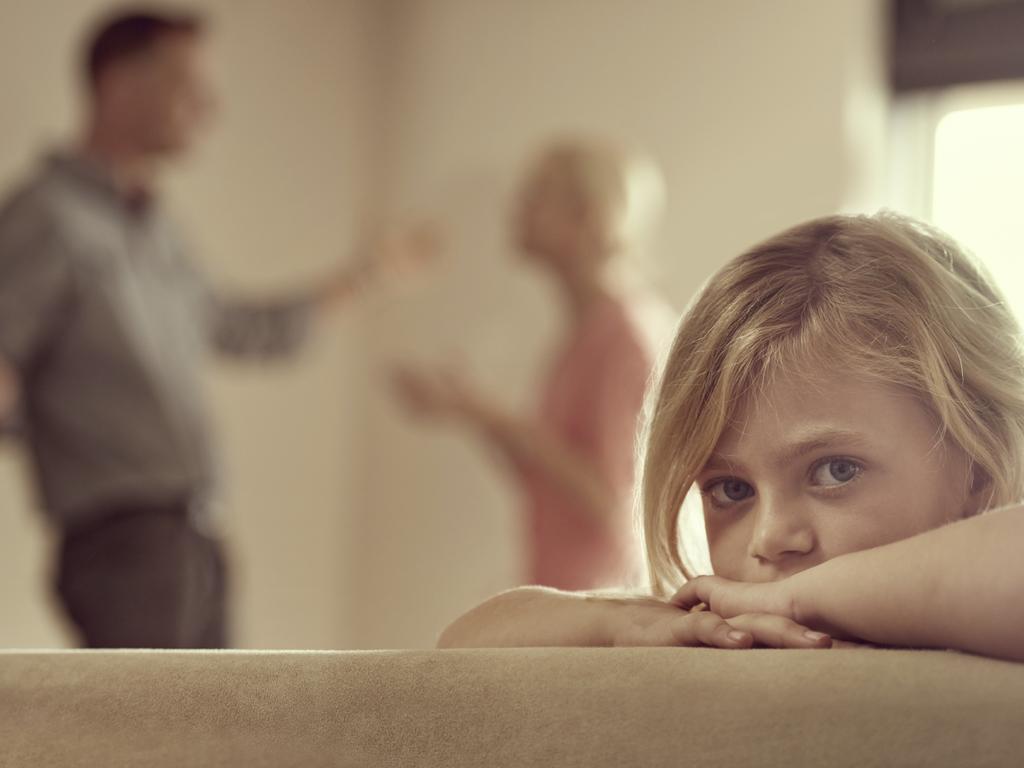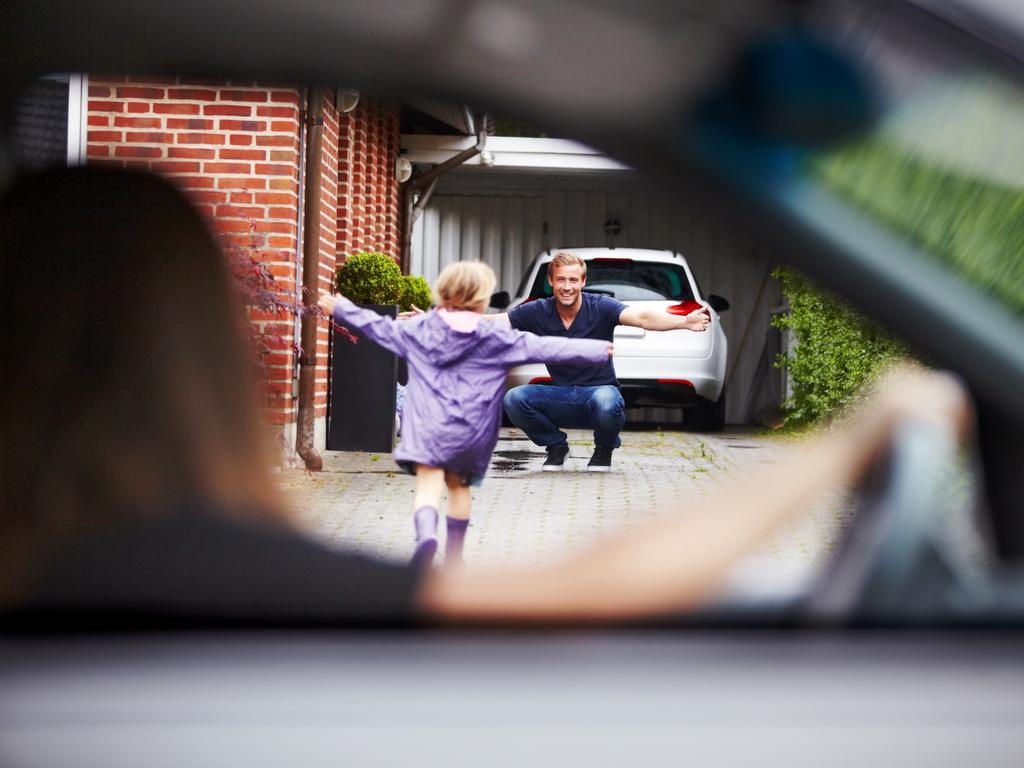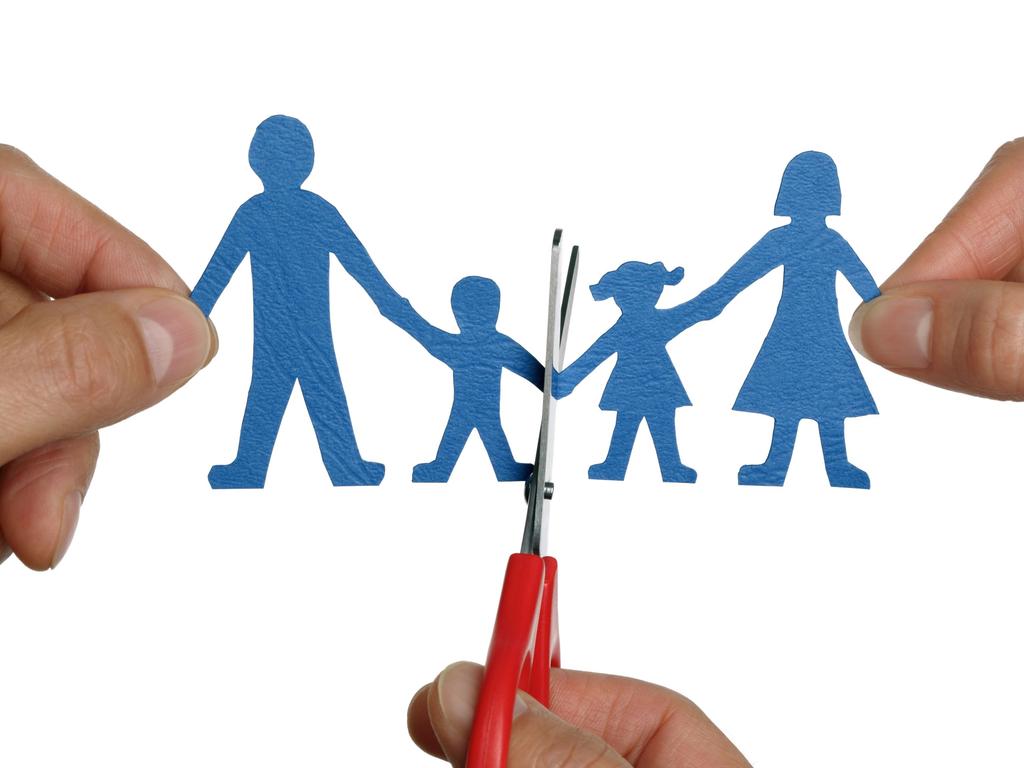'There is no maternal preference in law': proposed new shared custody rules are anything but simple
From a basic biological human viewpoint, a presumption that two people who brought a child into the world share the child’s parenting is only logical. So why the U-turn in policy?

According to the Australian Institute of Family Studies, in 2020 about 49 per cent of divorces involved young children and research suggests that cohabiting couples with children were even more likely than married couples with children to separate. In most cases, the mother has major care of the children, with the father having frequent access. Very few fathers have sole care.
Only about 5-7 per cent of cases end up in front of a judge, and a little less than 3 per cent of cases end up with a no-contact order. These are families predominantly affected by violence, child safety concerns and other complex issues.
The order is usually against the father, but it could be against the mother. It is not only men who suffer from mental illness, drug and alcohol addiction.
If the exposure draft of the Family Law Amendment bill 2023 becomes law, Attorney-General Mark Dreyfus has said courts and judges would be presented with six simple principles for making custody arrangements. However, the presumption that both parents should be considered to be on equal footing in parenting disagreements would be removed.
Griffith University law school senior lecturer Zoe Rathus, a longstanding women’s rights and domestic violence campaigner, said the removal of that measure was most important. Along with most feminists, Rathus has vehemently opposed the presumption of shared parenting. “A presumption is a legal fiction and legal fictions become dangerous when their fictitious nature is forgotten.”
Who says this presumption is fictitious? Family law expert Patrick Parkinson points out the presumption that mothers and fathers should be on an equal footing is in line with more than 40 years of case law. “There is no maternal preference in law.” What’s more, from a basic biological human viewpoint, a presumption that two people who brought a child into the world share the child’s parenting is only logical.
So what justification is there for changing the law? According to Rathus: “We’ve … found that equal shared parental responsibility – which requires parents to consult on the significant issues … Parents who are unable to do that, it really did provide an avenue of ongoing harassment and intimidation for some abusive partners to their former spouse, who felt that they could never escape them.”
However, despite that often-repeated claim by campaigners, one of the surprising findings from the AIFS research (2009) that reviewed the operation of shared care arrangements was that many more fathers than mothers held concerns about their children’s safety. Around one in four fathers and one in 10 mothers with shared care-time arrangements indicated that they held safety concerns for themselves or the children as a result of ongoing contact with the other parent because of the other parent engaging in harmful activity around the children or about harm inflicted by someone apart from the other parent, such as a new partner.
Surely this U-turn in policy requires widespread public support? However, the AIFS 2009 evaluation reported: “The philosophy of shared parental responsibility is overwhelmingly supported by parents, legal system professionals and service professionals.” What’s more, shared parenting is considered a cornerstone of modern pro-feminist parenting. So how can the presumption of shared parenting be a legal fiction?
Orders for equal shared parental responsibility require that parents consult about major long-term issues including education, religion, health and name, but not equal time, if parents can’t negotiate it. Parkinson notes a valid case has been made for removing a requirement for the courts to consider equal shared time and for simplification.
However, the draft removes basic principles accepted since 2011 and even from 1997 including both parents’ involvement in their children’s lives, to the maximum extent consistent with the child’s best interests; children’s right to know and be cared for by both their parents; children’s right to spend time on a regular basis with, and communicate regularly with, both parents and other people significant to their care, welfare and development such as grandparents; parents jointly share duties and responsibilities concerning the care, welfare and development of their children; and that parents should agree about the future parenting of their children.
There is a common theme in all these deletions – the removal of an emphasis on the importance of both parents in children’s lives. The deletions also remove statements concerning the rights of children that have stood in the law, without controversy, for more than 27 years. Parkinson says: “These are staggering deletions … The proposals represent a fundamental change to the values that are expressed to underlie the family law system. Some of these statements of principle have existed in the law since 1995, when Labor was in government. All of them were retained in the law in 2011, when Labor was also in government …
“The exposure draft represents a reversal of almost everything agreed by an almost unanimous parliament only a few years ago after one of the biggest public inquiries in recent history and without any coherent justification being advanced.
“If parliament says, in one decade, that it is important to try to retain the involvement of both parents in children’s lives after separation, then little more than a decade later it strips out almost every reference to the importance of both parents in children’s lives and repeals provisions about how this should translate into parenting arrangements after separation, that U-turn in messaging is not without consequences. And there will be adverse consequences – for parents, for children, for courts and for social cohesion.”








Ideology dominates the news lately, but one area of life that affects many Australians in a more urgent way is not purely ideological, nor should it be: the proposed abolition of the legal principle of equal shared parenting of children in separated families.